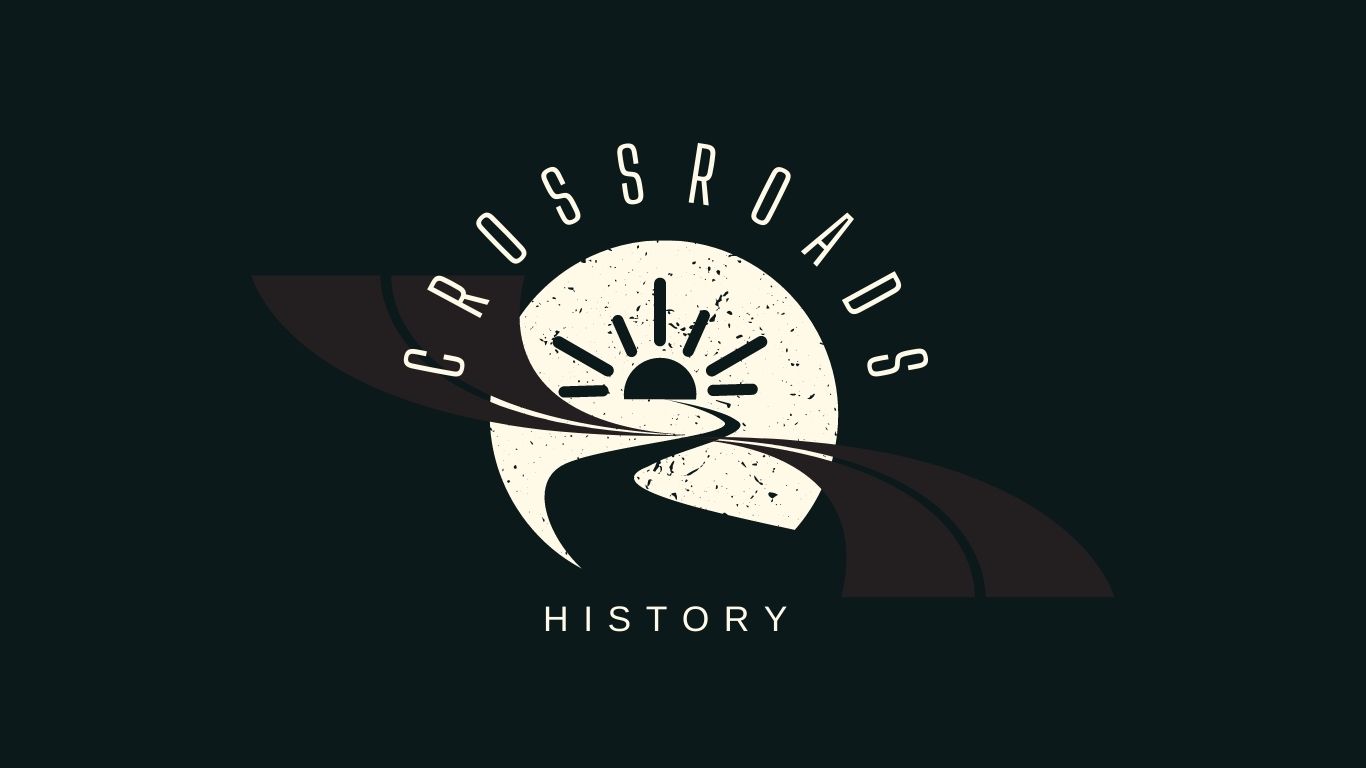Sad but True

Hungary lost 72% of its territory, its sea access, half of its 10 biggest cities and all of its precious metal mines; 3,425,000 ethnic Hungarians found themselves separated from their motherland. Via Wikipedia
by Cale Gressman
First off, great song. A Mongolian metal band called the Hu did a great cover of it.
When reading about the Ukraine War (or Special Military Operation ala Putin) I came across mentions of the supposed closeness of the Hungarian Prime Minister Victor Orban to Putin. As with most criticisms of Orban, it’s over-wrought, over-stated, and over-easy (I like groups of threes). One of the criticisms that have come up with his governance is that he and his government has provided Hungarian passports to Hungarians living in Romania, as well as allowing them to vote in Hungarian elections. This is interpreted as being a way to give him an edge in the upcoming election (funny another characterization of him is that he is an autocrat).
Whether this is true or not isn’t the topic of this piece, but what did catch my attention about this is how many ethnic Hungarians live outside of Hungary. What is being referred to here is not the willing emigre of the Magyar (the actual name of Hungarians, which sounds way cooler.) but rather the millions of Hungarians caught up in the division of the Austro-Hungarian Empire at the end of WW1. The Treaty of Trianon would result in the dissolution of the Austro-Hungarian Empire. It would result in the creation of several newly independent countries, but it would also mean that Hungary would ⅔ of its land and over 3 million of its people. So today there is a very sense that Hungary has been historically wronged. My opinion? Just as wars are won or lost, so too is land.
Similar situations as Hungary’s can be seen in places like in Northern Poland and Kaliningrad where it used to be German. Today they are not, with the Germans having long been expelled from their homes (after WW2). In Serbia, where there is a de facto if not quite de jure independent state in the form of Kosovo, which was once the Serbian heartland but is now dominated by ethnic Albanians. In Turkey, where Greeks and Armenians used to make up significant minorities, were either forcibly moved or genocided by a resurgent Turkish government in the early 20th century. Today Armenians look with longing at Mt. Ararat (the storied place where Noah and his family landed), which used to be an important part of Armenia, which now resides in Turkey. In North America, this comes primarily with the stolen land rhetoric of Native/Indigenous groups.
The former examples we pay no mind to, while the latter we, with much kowtowing and chagrin, give tentative credence to. Why? Well, the obvious is that the former examples were either the bad guys or obscure. The latter is paid attention to because I believe it provides those who pay mind to it an easy way to virtue signal without actually having to do anything. The problem with the stolen land claims is that a. They are to an extent true and b. They don’t matter. What I mean by these is that yes, Europeans came and, due in large (by large I mean almost completely) part to disease and their sheer numbers, were able to overwhelm the native populations.
The historian Joseph Ellis tells the rather fascinating and tragic story of how many of the American Founders like Washington, Jefferson, and Hamilton attempted to help Native American tribes retain their independence. Their idea was to convince these Eastern Tribes to give up hunter-gathering (although they did do some farming already) and become full-time agriculturalists. In doing this, they could establish themselves as independent nations and over time be absorbed into the United States as their own States.
Now, this is a SparkNotes version of the story. But what should be noted is that even idealists like Jefferson understood that these tribes would never be able to be independent indefinitely. There were simply too many Americans (with more arriving via immigration) and too few Native Americans.
So what was the point of that aside? Well, that is to say, that even though land was “stolen” i.e conquered, it does not matter per se. Heartless though it may be to say, land is won or lost. This is not to say that horrors of the past should not be recognized, but ultimately, what is done is done. It’s sad but true (I said it).
Comments
Post a Comment